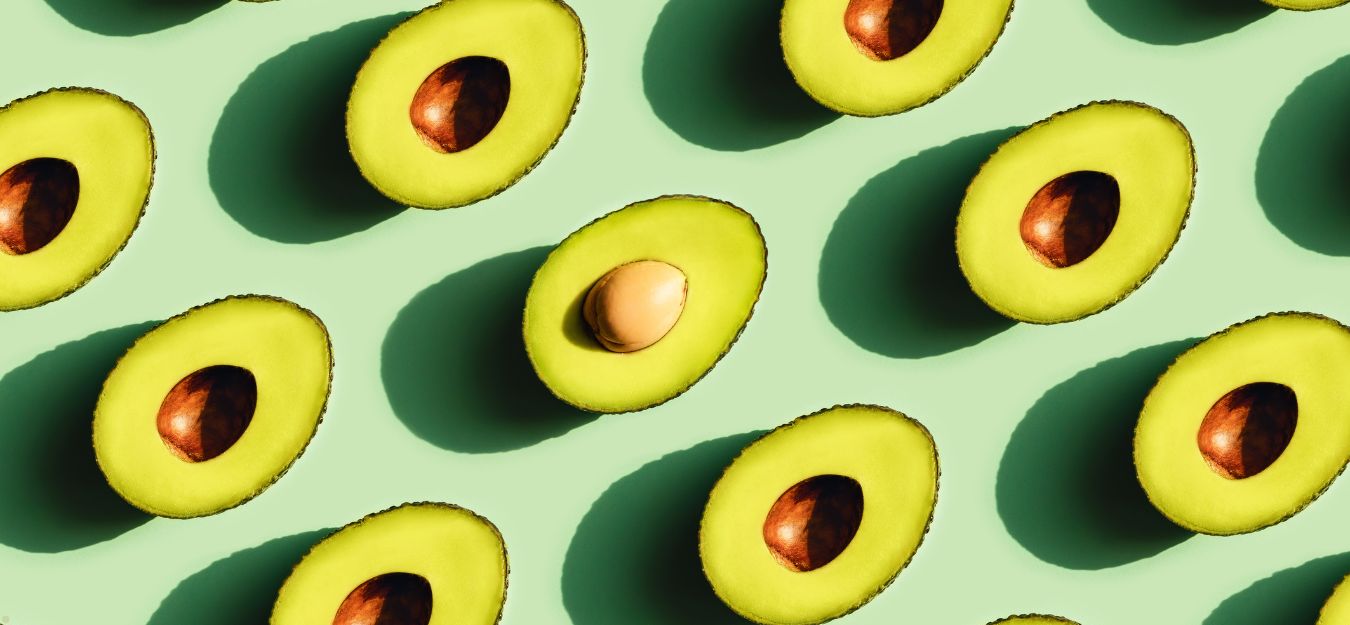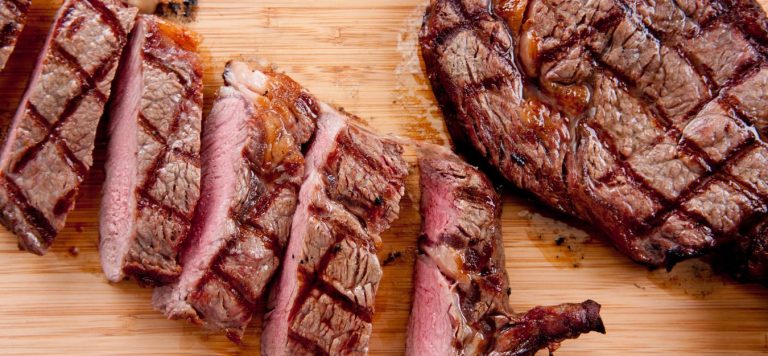Boost Your Scalp Health Naturally
Hair loss can be a distressing experience, especially for those dealing with conditions like alopecia. Fortunately, a nutrient-rich diet can often help manage hair loss and support healthy regrowth. In this article, we explore 12 of the best foods for alopecia hair growth.
1. Blackberries
Blackberries are bursting with antioxidants and vitamin C, which help protect hair follicles from damage. The antioxidants in these berries combat free radicals that can cause premature aging and contribute to inflammation in the scalp. Vitamin C assists in collagen production and enhances iron absorption, both vital for hair growth.
2. Avocados
Avocados are renowned for their healthy fats, particularly monounsaturated fat, which helps keep the scalp moisturized and flexible. They are also a rich source of vitamin E, an essential nutrient that supports proper blood circulation in the scalp and enhances hair growth. The natural oils in avocado can nourish hair from the inside out, making it an ideal food for those suffering from alopecia.
3. Dark Leafy Greens
Vegetables such as spinach, kale and Swiss chard are nutritional powerhouses. They provide a wealth of vitamins A, C and K, along with essential minerals like iron and calcium. Iron is particularly important because it carries oxygen to your hair follicles, boosting cell growth and repair. For individuals with alopecia, dark leafy greens help reduce scalp inflammation and support strong hair follicles.
4. Ginger
Ginger has long been used in traditional medicine for its anti-inflammatory and circulatory benefits. It can help stimulate blood flow to the scalp, ensuring that hair follicles receive an enhanced supply of nutrients. Rich in bioactive compounds that have antioxidant effects, ginger can reduce scalp inflammation and promote a healthy environment for regrowth.
Related Search Topics (Ads)
5. Oats
Oats are not only a great source of fiber, but also a good provider of essential minerals like zinc, which is crucial for hair growth and repair. Zinc supports proper hormone regulation and zinc deficiency has been linked to hair loss issues, particularly in people with alopecia. Furthermore, oats contain beneficial B vitamins which are important for healthy cell metabolism, including that of hair follicles.
6. Bell Peppers
Bell peppers, especially the red and yellow varieties, are loaded with vitamin C, which is a crucial antioxidant for hair health. One medium bell pepper can contain even more vitamin C than an orange, which supports collagen production and helps in maintaining the structural integrity of hair. The vibrant colors of bell peppers indicate the presence of carotenoids that fight oxidative stress.
7. Fatty Fish
Fatty fish such as salmon, mackerel and sardines are excellent sources of omega-3 fatty acids. These essential fats reduce inflammation in the scalp, promote a healthy hair follicle environment and support overall hair density and shine. In addition to omega-3s, fatty fish provide high-quality protein and a range of vitamins like D and B, all of which play significant roles in promoting hair growth.
8. Oysters
Oysters are one of the richest sources of zinc available, making them particularly beneficial for people with alopecia. Zinc plays multiple roles in hair health by supporting cell repair and ensuring the proper function of the oil glands around hair follicles. They also provide protein and other vital nutrients, which are essential for healthy hair.
9. Lentils
Lentils provide a perfect plant-based source of protein, iron and biotin, all critical nutrients for hair maintenance and regrowth. Iron in lentils helps deliver oxygen to hair follicles, stimulating growth by nourishing the cells. Additionally, lentils contain folate and other B vitamins that support the production of red blood cells, ensuring that essential nutrients circulate efficiently through the scalp.
10. Eggs
Eggs are often celebrated as a complete protein source, meaning they contain all the essential amino acids required for bodily functions, including hair growth. They are also rich in biotin, a B vitamin associated with improved hair strength and thickness. Biotin deficiency can lead to hair thinning and scalp issues, making eggs a valuable inclusion in your diet if you’re prone to alopecia.
11. Nuts
Nuts, including almonds, walnuts and cashews, are powerhouse snacks that pack healthy fats, biotin and vitamin E. These nutrients are known to improve blood circulation, reduce oxidative stress and protect hair from damage. Nuts also contain a good balance of protein and other micronutrients that fortify hair from within.
12. Sunflower Seeds
Sunflower seeds are an excellent source of multiple vitamins and minerals, including vitamin E, magnesium and selenium. Vitamin E, in particular, is known for its potential to support skin and hair health by fighting free radicals and promoting scalp circulation. Magnesium and selenium also play crucial roles in maintaining the structural integrity of hair follicles.
Final Notes
By incorporating these nutrient-dense foods into your everyday meals, you can create a balanced diet that not only supports overall health but also targets the specific needs of those suffering from alopecia. While food alone may not serve as a standalone remedy, it can certainly complement other treatments and contribute to a holistic approach toward hair wellness.

